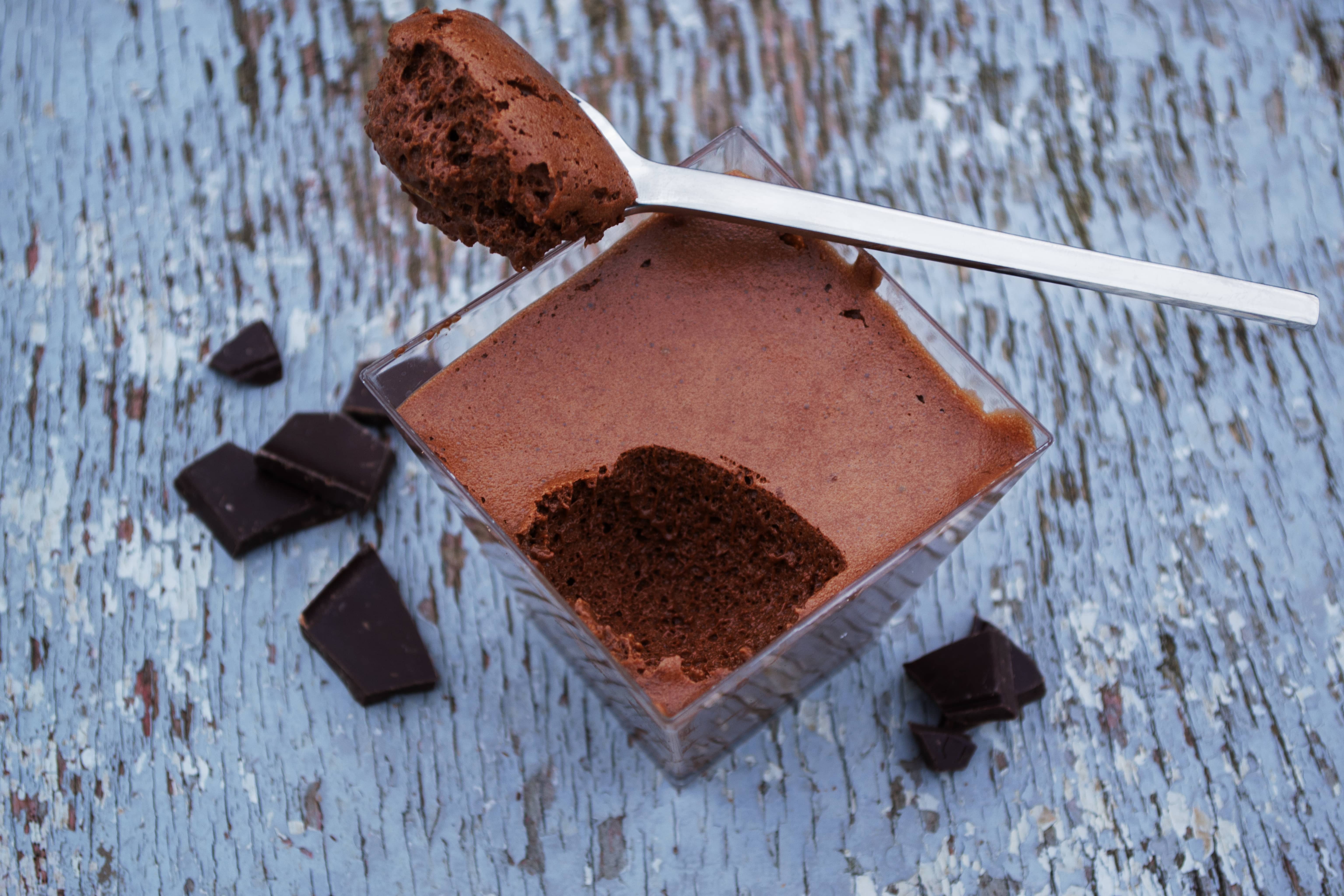Everyone has a bad habit (or two or three…) they’d like to change.
And when talking or thinking about breaking bad habits, the word “should” is usually involved.
I should really get more sleep.
I should stop eating sugar.
I should stop buying shoes.
I should really up my networking game.
“I should” is your brain’s one strategy for changing a habit. It’s also most people’s first instinct. And, it’s pretty much doomed to fail.
“I should” is simply not a powerful enough or personal enough reason to make your brain change a bad habit. It’s not strong enough to outmaneuver the strict realities of your neurochemistry (more on this later). This is where most people get stuck when they try to change a habit.
Your brain is built to make habits. Brains are really, really good at that. It’s a natural and incredibly efficient learning machine. Which is precisely why it’s pretty terrible at breaking what it has so thoroughly constructed or absorbed—like bad habits.
When you want to leave behind a bad habit, you’re going to need to rely on more than intellect to get it done. You’re going to need Heart.
The way to successfully change a habit is to tap into the powers of Heart within you that understand secrets that brain doesn’t get. I like to say this is where willpower comes from: Heart will power brain to get done what brain alone can’t do. Or at least, can’t do well or efficiently.
How the brain makes habits.
Using your brain to understand how brain makes habits is a great first step though. Knowing how habits are formed in the first place provides your best chance at breaking bad habits you don’t want anymore.
Once upon a time, your bad habit was just a passing thought: I think I’ll check my phone. When you do something to fulfill such a desire, when you scratch that itch, your brain releases some of the neurotransmitter dopamine. And that feels good, even if you don’t exactly recognize the rush for what it is.
The brain takes notice when a desire triggers a reaction that satisfies that desire. It’s like a little note to self about what gets results, so it can do it again. With repetition of that cycle, the brain builds up circuitry, actual physical pathways, to make it that much easier to repeat it again.
The more times you get that dopamine rush, the more likely you are to begin specifically craving the dopamine rush itself. That’s when you begin to do on purpose whatever releases the dopamine – checking your Instagram, eating the sugary treat, shopping online – the options are many. Soon, you feel compelled to do the thing that leads to the dopamine. And oftentimes, the bad habit.
But not all of the habits brain makes this way are bad or destructive. Let’s say your original urge is to get soothed, and that triggers calling a friend or brewing a cup of tea. That leads to feeling calmer, satisfying the urge to be soothed, and a dopamine release. Nobody’s writing blog posts about how to kick that kind of habit.
Breaking bad habits: your brain is doing it wrong.
The bottom line is, when you’re trying to break a bad habit, you’re going up against the strict realities of your neurochemistry. No wonder change is crazy hard. Layered on top of the challenges posed by your literal anatomic brain, you’re going to face some hurdles put up by brain. For example:
- Brain prefers the status quo in general. If brain had a motto, it might be “Why change?” (Read why brain and Heart are stronger together here.)
- Brain confuses habits with identity. As far as brain is concerned, you’re not just someone who is chronically late. You are a late person. To brain, a simple behavior or pattern is somehow central to defining you and your life. Not something you would mess with, in other words! If I am not late, who even am I?
- Brain is a fast learner. Think something twice and bam!, that thought is true to brain. It’s definitely not going to take it long to get the hang of craving sugar or thinking of reasons why you can’t work out.
Heart knows you need a deeply personal reason for change.
Part of Heart’s power lies in the way it insists on what really matters to you. That’s what gives you the impetus to do things differently than you’ve been doing them, even when change is hard. (Hint: change is always hard.)
Heart pushes past excuses, stuckness, lack of motivation – because it’s worth it to do so, as long as it’s in the service of what is truly meaningful to you. You won’t quit smoking or spending big chunks of your vacation on your phone because you “should.” You’ll quit because you’re committed to being part of your daughter’s life growing up.
Change comes when the change aligns with who you really are, what you really want, and what’s really important to you. Brain doesn’t make this kind of analysis, but Heart is partisan and wants change that’s good for you.
Heart wants you to create change in ways that will work for you. And also, ways that will simply work. Heart sees possibilities for you, including that you can succeed in breaking a bad habit now even if you’ve failed before.
You must call on Heart to break a bad habit. Here’s how.
Now that you know how brain forms habits, you can catch the process while it’s actually happening – and consider your choices rather than just going along for the ride as you’ve done before. Heart will help if you let it. Here are some ways you can use Heart to help you change a habit:
Ask yourself these questions.
Is this habit actually serving me or just my brain’s dopamine circuits?
Does this habit waste so much of my time, health or money that I can’t get to things that are personally important to me?
Does this habit conflict with my values or undermine my relationships?
Can I be the person I want to be while keeping this habit in my life?
Answer these questions and don’t forget to listen for Heart’s input.
Take responsibility for what you’ve done so far, what you’re doing now, and what you’ll be doing in the future.
“Own” your results or lack of results. Call yourself out on any excuses you’re using not to change.
Warning: these are often disguised as “reasons” you can’t change: I don’t have time, I can’t afford it, I’m not good enough, I don’t have the will power, I can’t tell the truth, I can’t disappoint someone.
Discover what, exactly, is in your way.
Why aren’t you breaking this habit? And is that a reason or an excuse? Be honest with yourself and remember that Heart tells the truth, no matter how inconvenient.
Are you operating from fear that you can’t handle the consequences of breaking a habit?
Are you carrying limiting beliefs about yourself, others or your situation?
Are you aiming for something that doesn’t jibe with your core values?
Be compassionate toward yourself.
Heart is all about compassion. Criticizing yourself, on the other hand, will only decrease your ability to make positive change. It literally interferes with willpower, and it’s not just me saying so: good research shows exactly that.
Self-criticism puts you in fight or flight mode which by definition limits your ability to access more complex brain functions like focusing on your sense of purpose. Criticism increases anxiety, depression, and fear of failure, even when the criticism is coming from within. The way I think of it, criticism exhausts the brain (self-criticism being a brain specialty) and limits access to Heart.
Identify your reason for change, then ask for and accept help.
Make sure it’s specific and deeply true for you. Now ask for and accept help. Tell someone else the bad habit you’re changing, and why, and how, and the specific challenges you face in doing so.
Then tell them how they can support you – and let them do it! Heart yearns for and enables this kind of connection to others because it’s a powerful force.
Try practicing “heartfulness.”
You don’t need to “do” mindfulness to create change in your life. But if you do have a mindfulness practice, you can use it to build resilience and resist unhealthy urges. With or without a mindfulness practice, you can practice ‘heartfulness.’ (Which you’re doing any time you call on Heart alongside brain.)
Specific to changing a habit, heartfulness might look like calling on Heart to discover what your habit helps you run away from and what your habit is ruining. Visualize what stressors trigger the habit. Use your Heart to slow it down and find that sliver of space between the trigger and your engaging in the habit.
Let Heart help you find the light in that space. Now enlarge it, and let your Heart help you manage whatever emotional discomfort arises in your mind and in your body.
What would you want to change if Heart and brain were working together? I know from personal experience that when you start using brain and Heart together, you’ll make smarter choices because you can see the whole picture clearly. Give it a try.
Heartfelt wishes,
Amy
Photo credit: StockSnap






